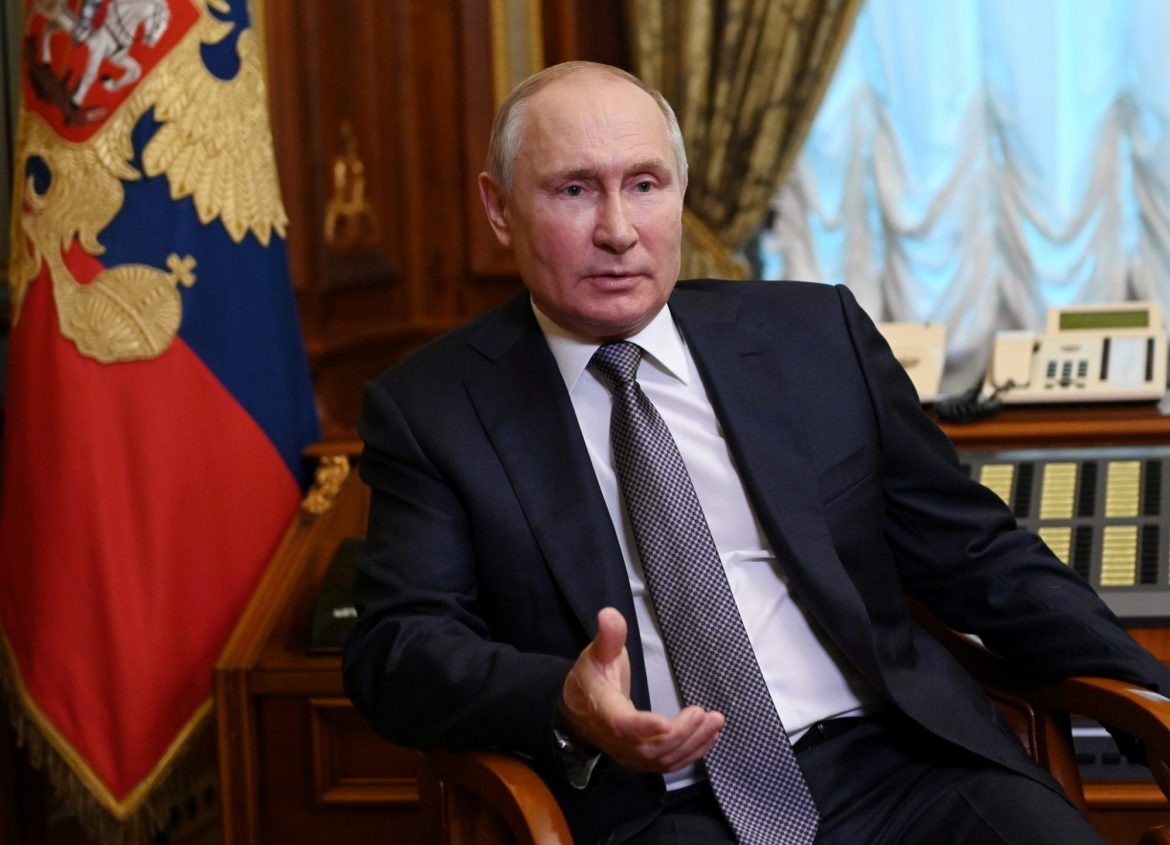The Umbrella Group, a negotiating bloc of non-EU developed countries including Australia, Canada, Japan, Iceland, Israel, New Zealand, Norway, Ukraine and the US, has announced moves to isolate Russia and Belarus diplomatically in the climate space.
Addressing a meeting of lead climate negotiators convened by the UK and Egypt on Wednesday, an Australian official said that considering Russia’s invasion of Ukraine and the actions of Belarus to enable it, “members of the Umbrella Group are not coordinating with Russia and Belarus at this time”.
In a short statement shared with the meeting, the group said, “We condemn in the strongest possible terms Russia’s unprovoked and unjustified invasion, in clear violation of international law, including the UN Charter,”“Russia’s invasion undermines the very foundations of the rule-based international order”.
Read also: Scientists to visit Great Barrier Reef as coral bleaching risk rises
Ukraine is further seeking to exclude Russia from international organisations, In the face of Russian atrocities including the recently reported airstrikes on a maternity and children’s hospital in the besieged city of Mariupol.
The government said it has so far written to the bodies of 14 international environmental agreements to demand Moscow’s exclusion, including the Convention on Biological Diversity, the convention for the protection of the ozone layer and the convention for the protection of the Black Sea against pollution are among them.
Another body has written to is the UN Framework Convention on Climate Change (UNFCCC), which is saddled with the responsibility of supporting the global response to climate change.
Kyiv is arguing that by carrying out a full-scale invasion of Ukraine, Russia violated international law and human rights, which “radically changes” the obligations arising from these agreements.
Ukraine’s deputy environment minister, Irina Stavchuk while addressing the meeting of climate diplomats on Wednesday said that Russia’s invasion had hurt Ukraine and the world’s ability to adapt to climate change.
According to her, the war has hit Ukraine’s grain and sunflower oil production, damaged its forests and wetland ecosystems as well as forced it to spend money earmarked for climate action on weapons.
Story was adapted from Climate Home News.
